The body changes not only during pregnancy. Even after that, women can experience some “surprises”. Numerous women suffer from increased Hair loss after pregnancy. The reason for this is the hormonal change after birth.
Feather after giving birth - no need to panic
During pregnancy, women can not only look forward to their growing child, but also to a lush head of hair. This is how your hair looks shiny and full. This is due to the hormone levels in the body, which increase during pregnancy.
However, when the child is born, the new mothers often find the opposite. The hair appears dull and is sometimes even lost in clumps. Some women react to this condition with great concern and fear for their personality. However, there is no reason to panic, as this phenomenon is only of a temporary nature and is related to the hormonal changes that take place after pregnancy.
Hair loss after pregnancy is a problem that affects many women after giving birth, but by no means all. With some mothers, the head of hair is even stronger and more beautiful than before. Those who still suffer from hair loss can comfort themselves with the fact that the hormonal balance has returned to its normal level. In addition, there are some ways to promote hair growth.
Causes of Hair Loss After Pregnancy
Doctors speak of a hair loss after pregnancy postpartum effluvium. This diffuse hair loss after childbirth is by no means unusual. However, it is very different from woman to woman. The phenomenon is caused by female hormones such as estrogen. The surge in estrogen during pregnancy leads to hair growth of 85 to 90 percent.
This is noticeable in pregnant women through a thick, shiny head of hair. In the postpartum phase, however, the estrogen level drops, which means that more and more hair falls into the resting phase. After about three months after the pregnancy, they fail. Depending on the hair structure and fullness of the woman, this phenomenon is noticeable differently.
Some affected women react in panic and fear complete hair loss, while others remain completely carefree. The fearful women are sometimes even threatened with psychological problems such as depressive moods, insecurity and states of fear. However, these fears are unfounded because the hair loss is only temporary.
There is no total hair loss and after about six months this problematic condition normalizes again without any action. What the affected mothers cannot see is their hair growing back. Every month there is hair growth of around 0.5 millimeters, which of course takes some time.
Stress is also believed to be an additional cause of hair loss. However, this thesis is controversial among doctors. The breastfeeding process is also in no way related to the loss of hair.
What to do about hair loss
There are some recommendations that affected women can do about hair loss after pregnancy. The hair should always be worn open so that it does not get caught in constant tension. Biotin shampoos can be used for hair care. It is important that the shampoos do not contain any perfume additives.
Another point is a balanced and healthy diet with enough vitamins and minerals to avoid malnutrition, which can promote hair loss. It is also recommended to identify possible deficiency symptoms of vitamins or minerals such as iron during pregnancy or breastfeeding and to have them treated accordingly.
The use of nettle stock is considered to be soothing against hair loss. For this purpose, 200 grams of nettle roots are boiled in one liter of water and 0.5 liters of apple cider vinegar for around 30 minutes. After straining and cooling the brew, the scalp can be massaged with it twice a week. Coconut oil is also classified as alleviating hair loss.
In principle, however, hormone-related hair loss does not require any special treatment. Many doctors advise against using expensive miracle drugs. Most vitamin preparations, rinses or shampoos are not guaranteed to be effective. Instead, the doctors advise the women affected to be patient. The duration of hair loss is around nine to twelve months.
When should I see a doctor?
If hair loss persists for more than twelve months after pregnancy, it is advisable to consult a dermatologist (dermatologist). A hair specialist has the ability to find out the triggering causes most effectively and treat them accordingly. Possible reasons for permanent hair loss are deficiency symptoms of vitamins, protein or trace elements such as iron and zinc.
Iron deficiency is one of the most common causes of hair loss. It is diagnosed when the iron storage level is too low. Other reasons for persistent hair loss are stopping birth control pills, diets or infectious diseases.
Diffuse hair loss can also be caused by inflammation of the scalp or dysfunction of the thyroid gland. The sooner the examination and treatment is started, the sooner the head of hair will normalize again.
Just be patient - the old mane returns
If hair loss occurs after pregnancy, it is important to be patient. This phenomenon is usually only a temporary condition that disappears by itself over time. For this reason, it is better to enjoy the good time with your child until the old mane returns. A new hairstyle or a shorter haircut can also be helpful.


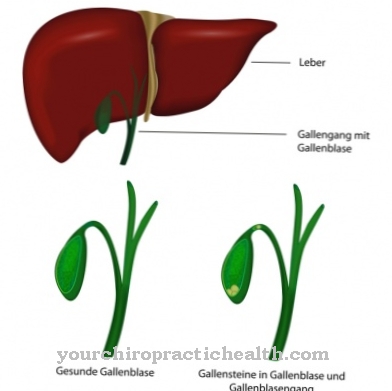
.jpg)
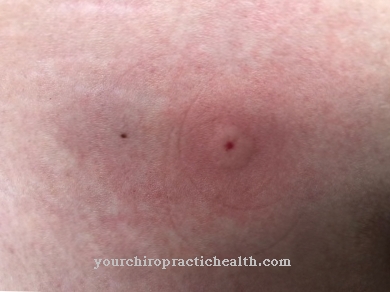

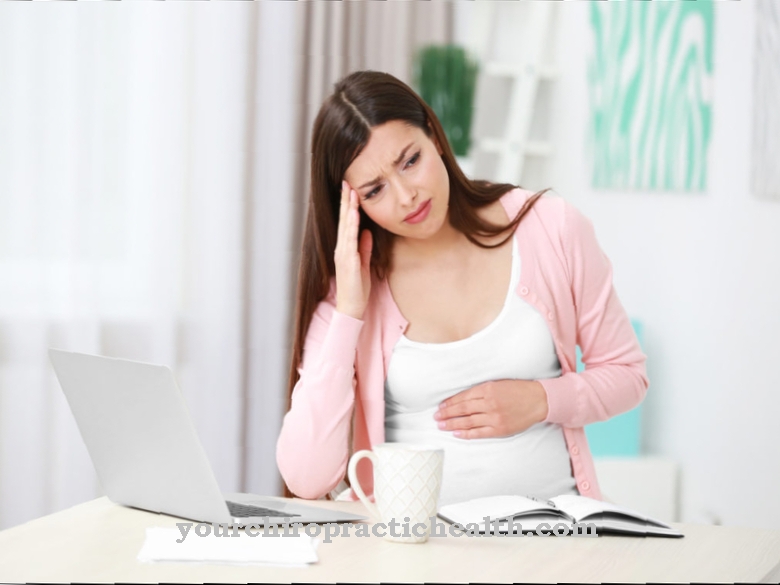


.jpg)
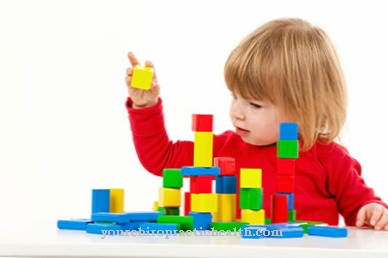

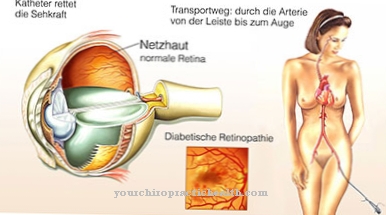
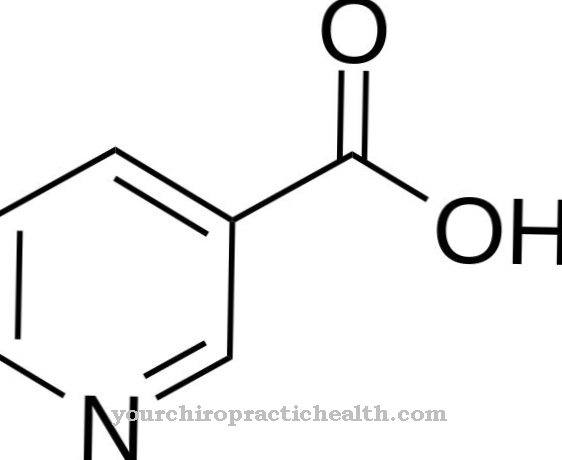
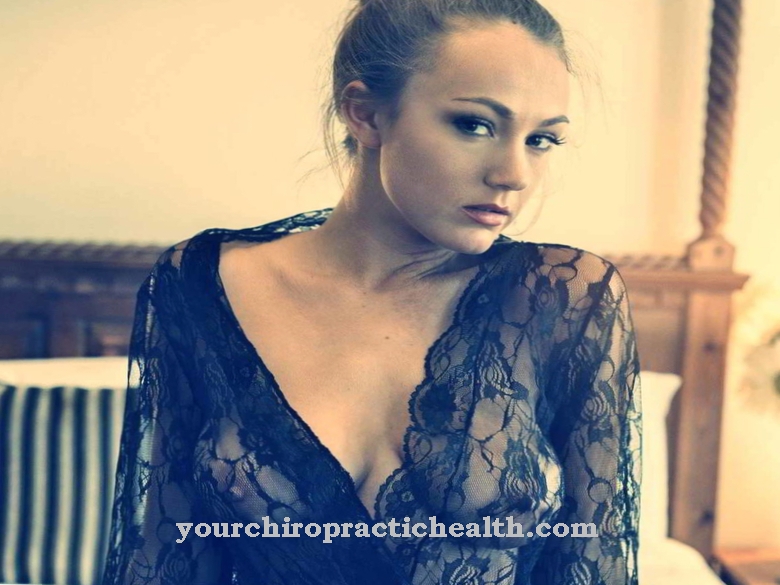

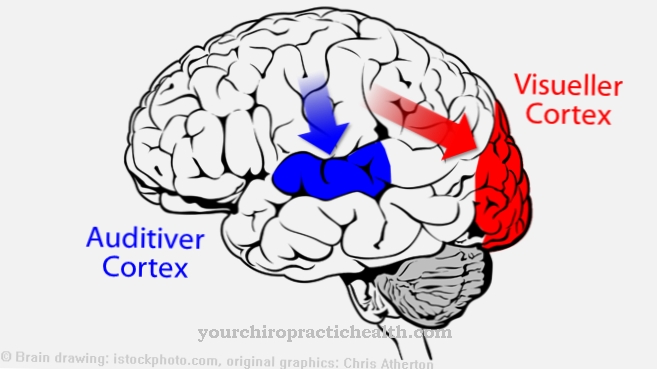


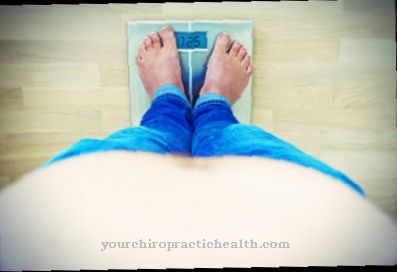
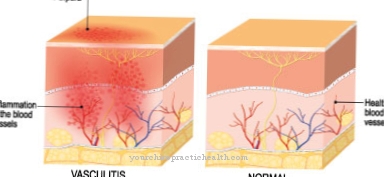

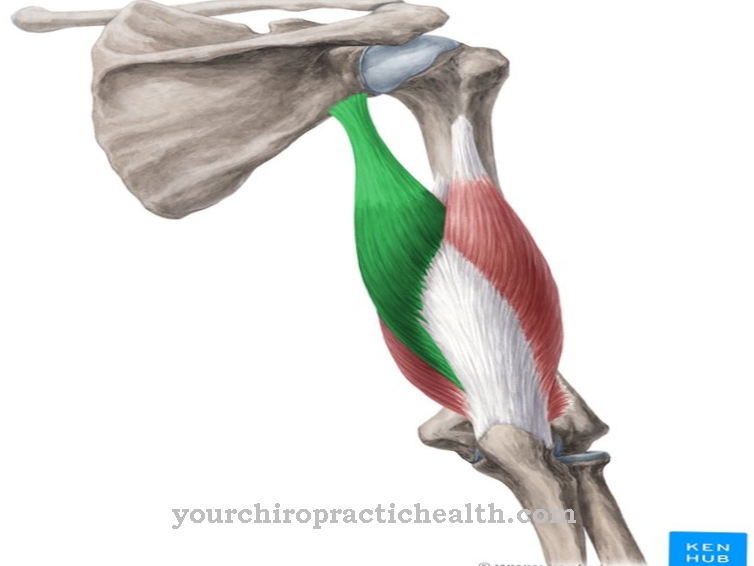
.jpg)

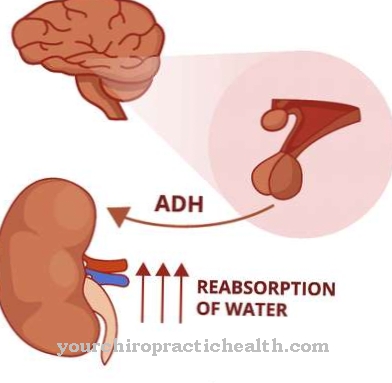

.jpg)
